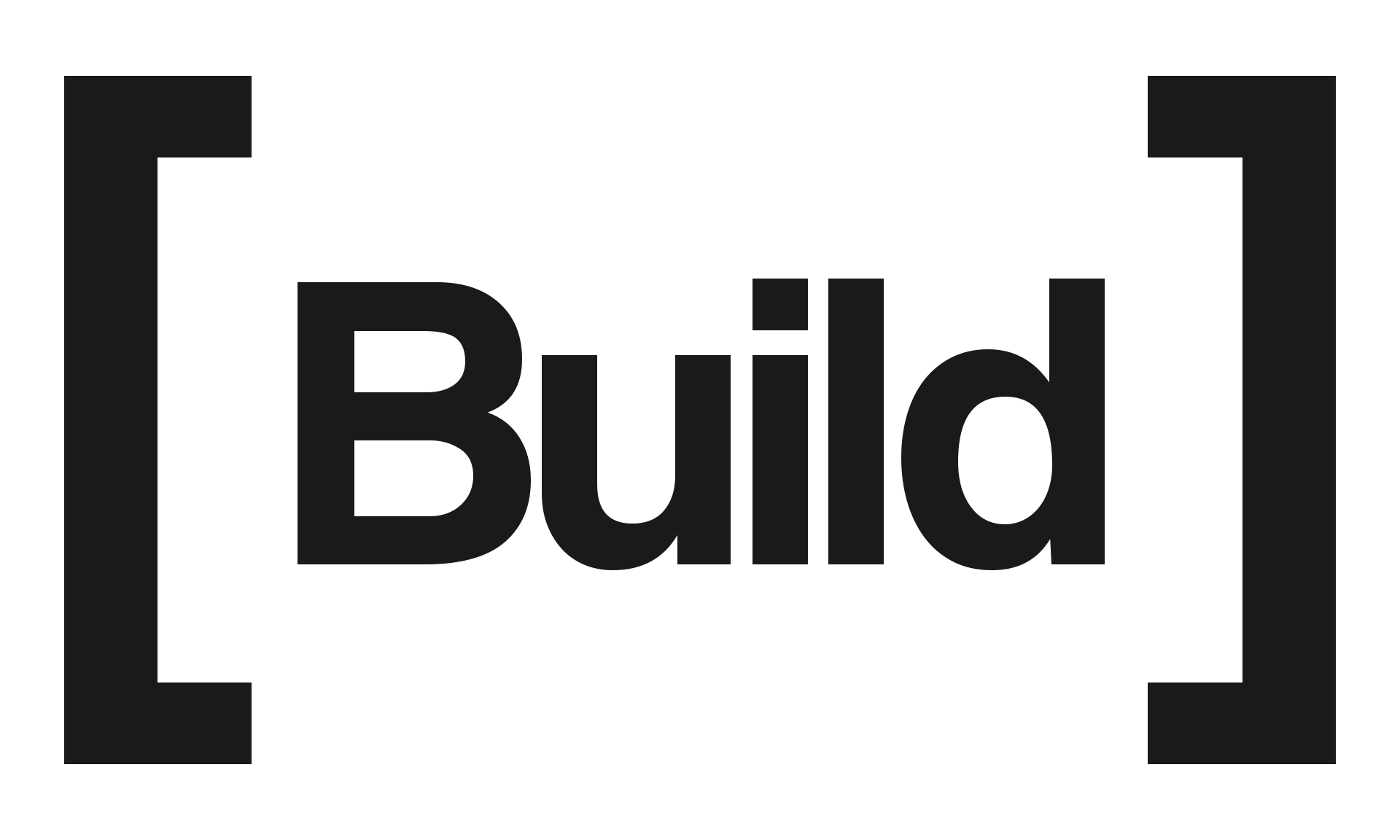Sales Tax for Software as a Service: Comprehensive Guide

The world of Software as a Service (SaaS) has grown rapidly over the last decade, transforming the way businesses and individuals access software. Instead of purchasing a one-time license, customers now subscribe to software solutions delivered over the internet. However, as the SaaS industry continues to evolve, so too do the rules surrounding sales tax compliance. Sales tax for SaaS can be complex due to differing laws and interpretations across jurisdictions, and both SaaS providers and customers need to be aware of these rules to avoid penalties. In this comprehensive guide, we’ll walk you through what sales tax means for Software as a Service, how different states approach taxation, and what SaaS businesses can do to stay compliant.
What is SaaS and Why Sales Tax Matters?
Software as a Service (SaaS) refers to cloud-based software applications that customers access over the internet on a subscription basis. Unlike traditional software, which is downloaded and installed locally, SaaS applications are hosted on external servers and accessed remotely by users.
Sales tax, typically applied to tangible personal property, is expanding to cover many digital services and products, including SaaS. With no physical product changing hands, you might assume SaaS would be exempt from sales tax. However, many state tax authorities view SaaS as a taxable service, and SaaS businesses must understand these laws to properly collect and remit sales tax.
Key Considerations for Sales Tax for Software as a Service
The primary issue with SaaS and sales tax is that rules vary significantly from state to state. Some states tax SaaS as tangible personal property, while others treat it as a non-taxable service. Here are the key factors that determine how and when sales tax applies to SaaS:
State Jurisdiction: Each state has its own interpretation of whether SaaS should be taxable. Some states apply sales tax to all software, including cloud-based software, while others exempt SaaS from taxation.
Nexus: Nexus refers to the connection between a business and a state that requires the business to collect and remit sales tax in that state. Nexus can be established in various ways, including having a physical presence (e.g., offices or employees) or reaching certain revenue thresholds (economic nexus). SaaS providers must understand where they have nexus and the tax rules in those states.
Customer Location: Sales tax is generally applied based on the location of the customer, not the SaaS provider. This means SaaS businesses may need to charge sales tax based on the state or country in which their customers reside, even if the company operates from another location.
Taxable vs. Non-Taxable Services: Some states differentiate between types of software services. For example, if your SaaS product includes consulting or professional services, these services may be taxed differently from the software itself.
How States Treat SaaS for Sales Tax Purposes
Here’s a breakdown of how various states treat SaaS in terms of sales tax. Keep in mind that tax laws are frequently changing, so it’s crucial to stay up-to-date.
States that Tax SaaS
Several states explicitly tax SaaS as tangible personal property or a taxable service. Some of these include:
- New York: SaaS is considered taxable as a service for the use of software, and providers must collect sales tax from customers located in the state.
- Texas: SaaS is taxable under the state’s rules for software services, making it subject to sales tax when sold to customers within the state.
- Massachusetts: SaaS is taxable as prewritten software delivered electronically, and businesses need to charge sales tax accordingly.
- Pennsylvania: SaaS is generally treated as taxable software, requiring providers to collect and remit sales tax from in-state customers.
States that Exempt SaaS
Some states have chosen to exempt SaaS from sales tax, recognizing it as a non-taxable service. Examples of these states include:
- California: SaaS is typically considered a non-taxable service because it doesn’t involve the transfer of tangible personal property.
- Florida: SaaS is not subject to sales tax under current state regulations.
- Virginia: SaaS is exempt from sales tax, but companies should carefully assess any additional services they provide that might be taxable.
Mixed or Conditional Tax States
Some states have more nuanced rules, taxing SaaS under certain conditions. For example:
- Illinois: SaaS is exempt from sales tax if the provider retains control of the software on its servers. However, if the software is transferred to the customer’s possession or installed locally, it may be taxed. The city of Chicago does have a sales tax on Software as a Service.
- Washington: SaaS is subject to sales tax unless it is used exclusively for business purposes, in which case it may qualify for a business and occupation (B&O) tax instead of sales tax.

Need Help Getting Your Startup's Accounting and Taxes Streamlined, Simplified, and Headache-Free?
Schedule a Free Consultation Today
Nexus and Economic Nexus for SaaS Providers
The concept of nexus plays a significant role in determining whether a SaaS provider is required to collect sales tax in a particular state. Traditionally, nexus was established by having a physical presence, such as an office or employees in a state. However, with the rise of e-commerce and digital products, economic nexus laws have become more common.
Economic Nexus: Economic nexus laws require businesses to collect sales tax if they exceed certain revenue or transaction thresholds in a state, even without a physical presence. For example:
- South Dakota: Requires SaaS businesses to collect sales tax if they make more than $100,000 in sales in the state annually.
- California: Economic nexus applies if a SaaS provider makes more than $500,000 in sales to California customers.
Most states now have economic nexus laws in place, which means even a remote SaaS business may need to collect and remit sales tax in multiple states based on where their customers are located.
Compliance Strategies for SaaS Businesses
Staying compliant with sales tax regulations can be daunting, especially when operating in multiple states. Here are a few strategies to help SaaS businesses manage their sales tax obligations:
Determine Your Nexus: Regularly review where your company has physical and economic nexus. This will determine in which states you are required to collect sales tax.
Understand State Tax Laws: Each state has unique sales tax rules, so research the requirements in the states where you have nexus. Be sure to differentiate between taxable SaaS services and exempt activities.
Use Automation Tools: Sales tax software such as Avalara or TaxJar can help automate the collection, filing, and remittance of sales tax across multiple states, ensuring compliance without manual intervention.
Monitor for Law Changes: Sales tax regulations for SaaS are evolving, and states frequently change their rules. Keep an eye on updates or consult with a tax professional to ensure you stay compliant.
File Correctly: Once you’ve collected the appropriate sales tax, you’ll need to file and remit the tax to the states where you have nexus. Be sure to file on time to avoid penalties.
Conclusion
Sales tax compliance for SaaS businesses can be complicated due to varying state regulations, the rise of economic nexus laws, and the unique nature of SaaS as a product. Understanding where and how your business needs to collect and remit sales tax is critical to avoiding costly mistakes.
By staying informed on state tax laws, leveraging automation tools, and seeking professional advice when necessary, SaaS businesses can navigate the complexities of sales tax with confidence. Whether you’re a startup or a mature company, sales tax compliance should be a key consideration as you scale your business across multiple jurisdictions.
If you need further assistance or have questions about SaaS tax compliance, feel free to reach out to us and get started for professional advice tailored to your business.
Like this Content and Want More Like it?
Sign up for helpful tips to reduce your taxes, receive tax deadline reminders, and get free resources, guidance, and walkthroughs sent right to your email.
About the Author

Brett Rosenstein
Founder of Build Accounting
Certified Public Accountant
Brett is the founder and president of Build Accounting where he provides accounting, tax filing, and CFO services for tech startups and SaaS businesses. His goal is to make the accounting and tax process as simple, streamlined, and headache-free for business founders as possible.
Brett received a Bachelor of Science in Business Administration from The Ohio State University. He is also a Certified Public Accountant.
When Brett is not working, he is running, biking, spending time with his wife and daughter, or trying new pizza places.
Schedule a Free Trial!
Get started today by scheduling a call to see how we can help your tech startup or SaaS business. We’ll respond as soon as possible.
By submitting this contact form, you consent to receive email communications from Build Accounting, including our newsletter with quick time and tax saving tips. You may opt-out at any time.

